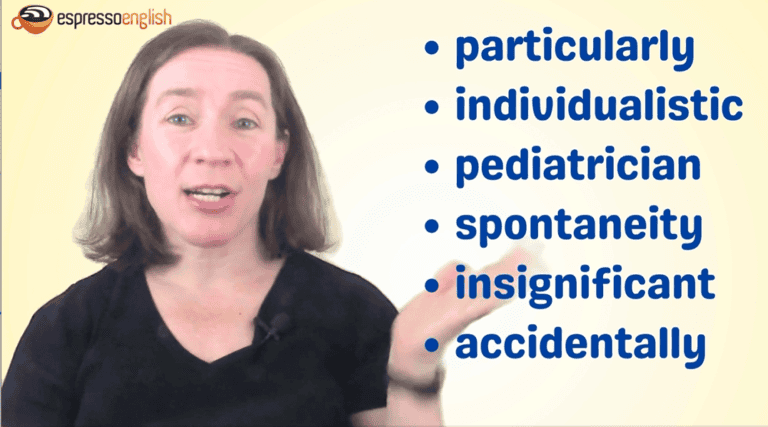
The English language has many homophones – words that have the same pronunciation, but different spellings and meanings. A lot of English learners confuse these, but in today’s lesson you’ll learn how to use 10 English homophones correctly.
stare / stair
The verb stare means to look directly at something for a long time. We often stare at things we are interested in or surprised/shocked by.
A stair is another word for a step. A series of stairs can be called a flight of stairs:

roll / role
The verb roll refers to the action of a ball when it is moving along a surface.
The noun role refers to someone’s position, responsibility, or area of effectiveness, such as your role in your company.
flower / flour
A flower is a beautiful, colorful plant.
Flour is a white powder made from grains, which is used in baking.

idol / idle
The noun idol refers to someone/something who is greatly praised, admired, and worshipped.
The adjective idle describes someone who is not productive, not doing anything.
dear / deer
The word dear is used to begin letters. It also means something is special or precious to you, ex) “a dear friend”
A deer is a type of animal that lives in the forest. “Deer” is irregular and the plural is also “deer.”

council / counsel
A council refers to a group of people who discuss and/or make decisions. Ex) a city council
Counsel refers to advice. It is uncountable, so you can’t say “a counsel,” but you can say “He gave me some counsel.” It can also be a verb: “He counseled me about my academic plans.”
waste / waist
The verb waste means to make bad use of something, in a way that it’s not useful. Ex) Throwing away food that is still good is wasting it.
Your waist is the middle part of your body, around your stomach, just above your hips/legs.

assent / ascent
Assent refers to agreement or approval, or expressing that agreement/approval (it can be a noun or a verb). For example: The manager gave her assent (or assented) to the project.
Ascent refers to “going up” either physically (like up a mountain) or in status/hierarchy. It is only a noun (the verb form is ascend). For example: I was hiking up a mountain and broke my leg during the ascent.
hole / whole
The word whole is another way to say “entire” or 100% of something. Ex) He ate the whole cake = He ate ALL of the cake.
A hole is an opening in a surface or in the ground. When these are in the road, we often call them potholes.

elicit / illicit
Elicit is a verb meaning to cause or bring out. For example: The teacher tried to elicit answers from the class.
Illicit is an adjective describing something that is against the law. For example: He spent ten years in jail due to his participation in illicit activities.










